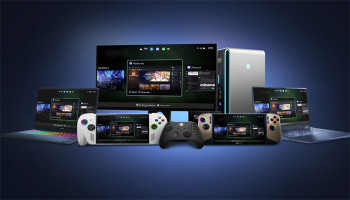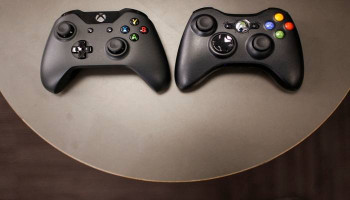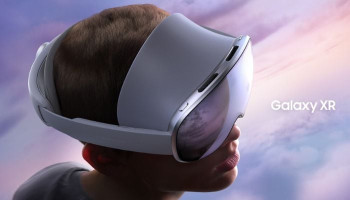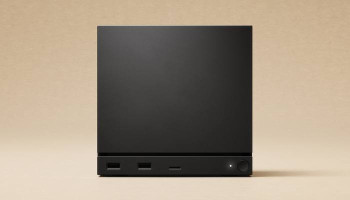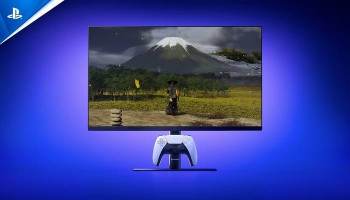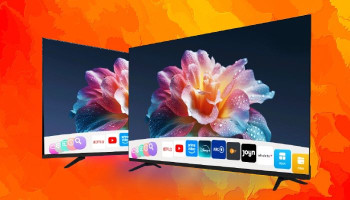
In recent years, the PlayStation 5 (PS5) has become increasingly accessible and boasts an impressive lineup of games, including anticipated titles like Spider-Man 2, Horizon Forbidden West, and God of War: Ragnarok. Coupled with its backward compatibility with PS4 games, the PS5 offers gamers access to a vast array of gaming experiences.
On the other hand, the PC gaming landscape offers a different set of advantages. Unlike consoles, PCs can be upgraded with new hardware instead of necessitating a full replacement. However, this raises the perennial question for gaming enthusiasts: Should you invest in a PS5 or opt for a PC in 2024?
Several factors come into play, such as price, performance, game library, and online services. Both platforms have their own merits and drawbacks, making it essential to carefully weigh your options.
Comparing PS5 vs PC
Here's a detailed comparison of PS5 and PC gaming to help you make an informed decision based on your preferences and needs.
The PS5 is available in two versions: one with a disc drive priced at $500 and a discless version at $400. While the inclusion of a 4K Blu-Ray reader justifies the price difference, Sony's introduction of new PS5 models, known as Slim models, offers similar features at the same price points with slightly enhanced storage capacity.
Building a PC entails a minimum investment of around $500 for a current-gen graphics card alone, excluding other essential components. Prebuilt gaming PCs, on the other hand, typically start at around $1,000 to match the performance of the PS5, with higher-end options exceeding $1,200 to $1,300.
Performance comparisons between PC and the PS5 are challenging due to the configurable nature of PCs. However, the PS5's hardware specifications, including an eight-core Zen 2 CPU and an RDNA 2-based GPU with 16GB of shared memory, align with midrange PC components from the previous generation. While PC offers more customization options, the PS5's closed system allows developers to optimize games for enhanced performance.
In terms of the game library, the PS5 boasts an impressive lineup of exclusive titles like Returnal, Demon’s Souls, and Ratchet & Clank: Rift Apart. While most AAA games receive simultaneous releases on PC, Sony's first-party exclusives like Horizon: Forbidden West and God of War: Ragnarok remain exclusive to the PS5.
When it comes to backward compatibility, PC surpasses the PS5 with its ability to play games from previous decades without compatibility issues. PC gaming platforms like Steam and GOG offer extensive libraries of retro games, providing unparalleled access to gaming history.
Regarding controllers, the PS5 supports the DualSense controller for PS5 games and the DualShock 4 for PS4 titles, albeit with limited functionality. PC, however, offers broader controller support, allowing compatibility with various controllers with minimal setup.
Online services present another distinction between PC and the PS5. While PS5 users must subscribe to PlayStation Plus for online multiplayer and other perks, PC offers free online play and supports cloud saves by default, along with subscription services like Xbox Game Pass and Humble Choice.
In conclusion, choosing between a PS5 and a PC in 2024 depends on your budget, preferences, and gaming priorities. The PS5 offers a cost-effective gaming solution with an impressive library of exclusive titles, while a PC provides greater flexibility for upgrades and access to a vast array of games, including retro classics. Ultimately, both platforms offer exceptional gaming experiences, and the decision boils down to personal preferences and priorities.






